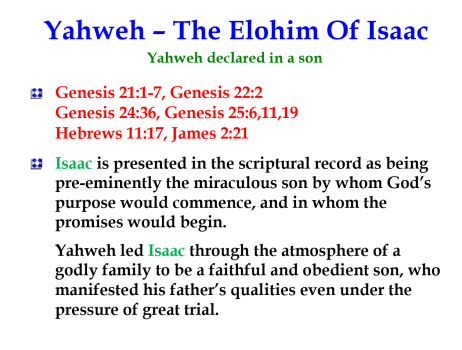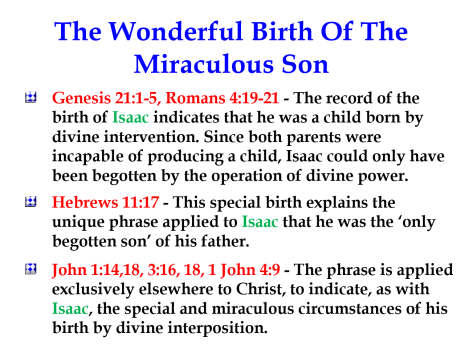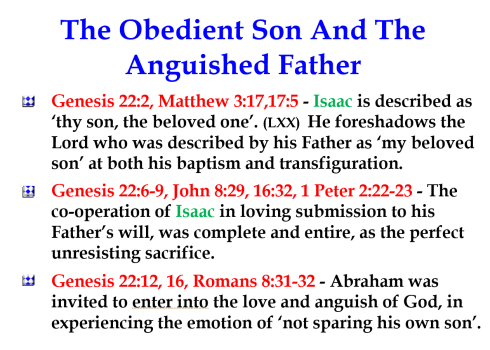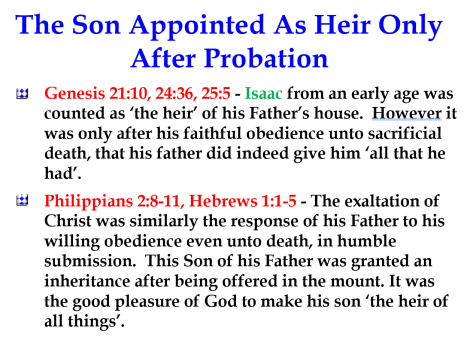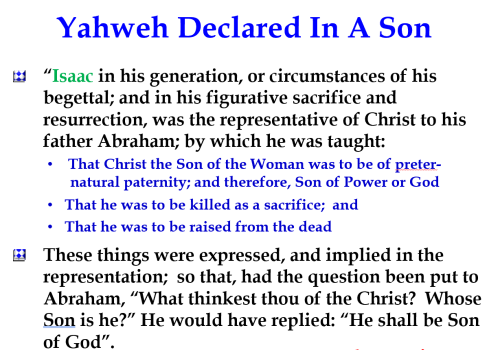You lost me at Bullinger. Bullinger is at best an idiot and at worst someone trying to subvert Christians.
It's not a difficult word to translate Wick.
As compared with the few examples before and outside NT Greek, it is striking how common the verb is in the NT and early Christian writings. 1. Mk. 4:22 has the sound of a proverbial saying, cf. the Q version in Lk. 12:2 and par., which also influenced Lk. 8:17 (→ 3, 11). In the present context of Mk. 4, however, the statement has in view the hidden meaning of parables (cf. 4:11). 2. Paul uses φανερόω and ἀποκαλύπτω synonymously. This may be seen especially in a comparison of R. 1:17 and 3:21. Only in 1 C. 4:5, an apocryphal quotation (→ VII, 442, 10 ff.), and R. 1:19 do we detect in the usage the sense
“to make visible.” In the other references the main point is revelation in the Gospel. The reflexive is never used; specific things are always revealed. R. 3:21 repeats 1:17, but with the perfect πεφανέρωται for the present ἀποκαλύπτεται. Yet this does not denote a specific time in the past; the reference is to a once and for all: the justification grounded in the Christ event (cf. R. 3:24–26; 1:3 f.) is now a reality for πίστις. The frequent use of φανερόω in 2 C. is surprising (9 times). It occurs in the polemical sections. Paul is perhaps adopting here a term of his opponents. He uses it for revelation as this takes place in his preaching (2 C. 2:14; 11:6) and indeed his very existence (4:10 f.). In spite of the eschatological qualification (cf. 5:10) this revelation is definitive, 5:11. 3. Elsewhere in the Pauline corpus the situation is the same: ἀποκαλύπτω and φανερόω are used synonymously (cf. Eph. 3:5 with Col. 1:26), and we also find γνωρίζω (→ I, 718, 4 ff.). Revelation takes place in proclamation (Col. 1:25 f.; 4:4; R. 16:25–27). But now the connection with light categories plays a bigger part (Eph. 5:13 f., cf. 3:9), and we also find the antithesis revelation/concealment (Col. 3:3 f.), especially in the form of the revelation schema. This schema, which derives from pre-Pauline tradition in which apocalyptic and Gnostic elements are intermingled, becomes the sustaining theologoumenon (Col. 1:26 f.; Eph. 3:4 f., 9 f.; R. 16:25–27). It speaks of the salvation-bringing mediation of proclamation by specific bearers of revelation. In a free form we find it in the Pastorals (2 Tm. 1:10 → 10, 4 ff.; Tt. 1:2 f.) and also in 1 Jn. 1:2 → line 18 ff. The schema is understood christologically in 1 Pt. 1:18–20. With the hymn in 1 Tm. 3:16 this passage is the only one in the Pauline tradition in which φανερόω is applied to a past revelation that has taken place in Christ. 4. In the Johannine writings ἀποκαλύπτω (→ III, 587, 36 ff.) does not occur until the OT quotation from Is. 53:1 in Jn. 12:38, but φανερόω is very common, and as in the later Pauline corpus (→ 4, 23 f.) γνωρίζω is a synon., cf. Jn. 17:6 with 17:26. A difference from Paul (→ 4, 10 ff.) is that the derivation from φανερός is now more significant.
There is a manifestation before all eyes (Jn. 7:4). Jesus discloses the divine reality, the name of God (17:6) and the works of God (3:21; 9:3). According to John all Jesus’ work may be called revelation (cf. 2:11), as the Prologue shows already even though φανερόω is not used (but cf. φαίνω in 1:5 → 1, 23 f.). Indirectly the divine reality is also revealed in the witness, e.g., of John the Baptist, 1:31. In the supplementary chapter (21:1, 14) φανερόω refers to the appearances of the Risen Lord; the only other instance of this is in the secondary Marcan ending, 16:12, 14. The work of Jesus is described as revelation in 1 Jn. 3:5, 8. It is the revelation of God’s love in 4:9, cf. Jn. 3:16. If the goal is that we may have life (4:9), the whole revelation can also be summed up in ζωή, 1:2. It is also the content of the λόγος τῆς ζωῆς, 1:1. If the introduction to 1 Jn. clearly echoes the Prologue to the Gospel, λόγος here (→ IV, 127, 20 ff.) means—or at least includes—proclamation or the tradition in which the revelation of the divine reality continues as a possibility of participation in it. Finally 1 Jn., in contrast to the Gospel, can also use the verb for a revelation which is yet to come, 2:28; 3:2. 5. In Rev. the pass. of φανερόω occurs twice: “to become visible” with no theological significance at 3:18, and in a hymn: ὅτι τὰ δικαιώματά σου ἐφανερώθησαν at 15:4.
Rudolf Bultmann and Dieter Lührmann,
“Φαίνω, Φανερός, Φανερόω, Φανέρωσις, Φαντάζω, Φάντασμα, Ἐμφανίζω, Ἐπιφαίνω, Ἐπιφανής, Ἐπιφάνεια,” in Theological Dictionary of the New Testament, ed. Gerhard Kittel, Geoffrey W. Bromiley, and Gerhard Friedrich (Grand Rapids, MI: Eerdmans, 1964–) 4–5.
Manifestation not incarnation is the method God chooses to reveal Himself.
You could say God Willed a Son to be raised up out of Sins Flesh (Word made flesh) for the reason of God Manifestation.
F2F




